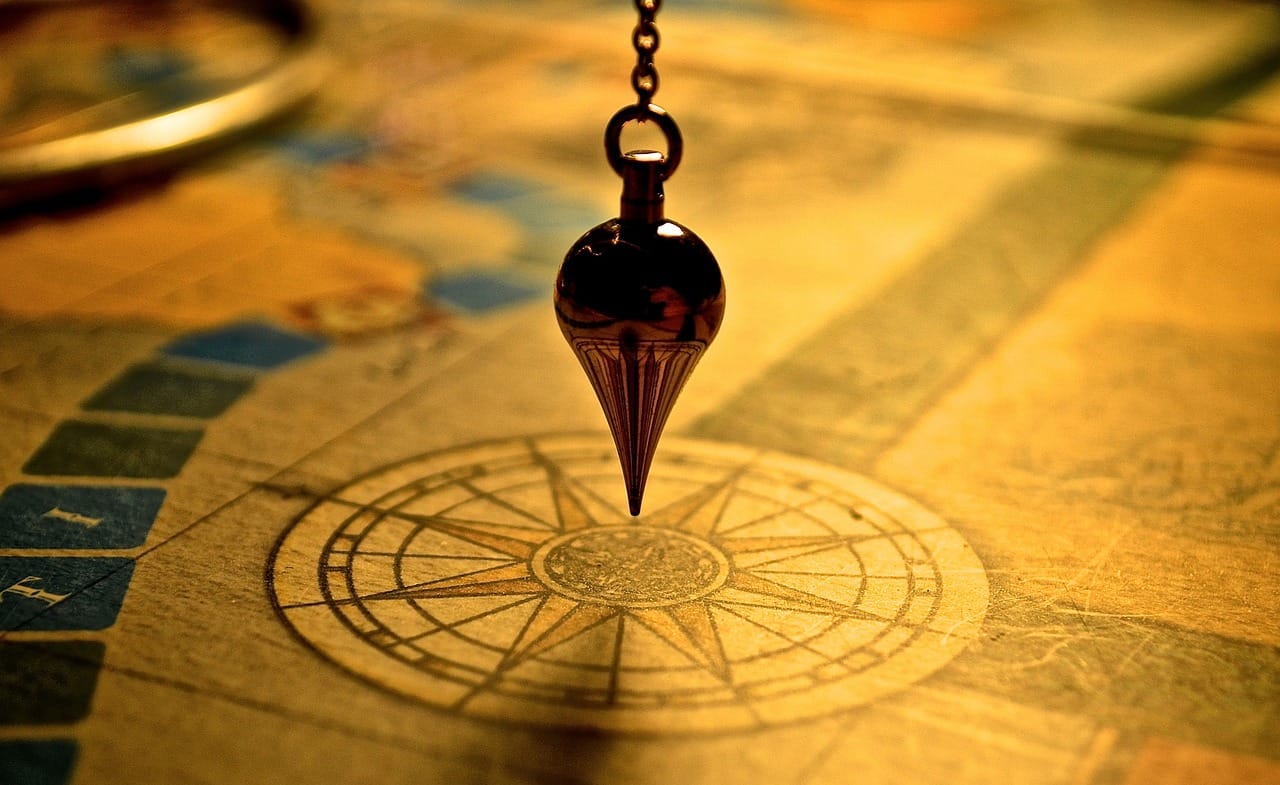
Ambitopia: How to face an uncertain future
The future won't be utopian or dystopian, but both at the same time.
We’re at a crossroads. After years of social advancement, we’re witnessing a backlash toward LGBTQ+ rights, the political representation of women, and understanding of systemic racism. At this pivotal point in time, we face a tough decision: to continue our advancement toward a Star Trek-style second enlightenment, or a descent into medieval barbarism. This fork in the road will determine whether humanity is liberated or doomed.
But is any of that actually true? It’s certainly a popular argument. After all, it sounds both dramatic and informed: that this is a pivotal moment, during which we—the main characters in humanity’s tale—will proceed toward a benevolent utopia or sinister dystopia. It fits the sensationalism of our online culture, and it certainly feels right. But is our future really so binary?
We're not at a crossroads
Certainly the current moment is stressful. There’s a palpable sense of uncertainty and looming horror that’s impossible to ignore. I myself am hardly complacent; as a queer person, I have an awful lot to lose from the rise of authoritarianism. I’m not wealthy, and rising housing costs only add to the sense of tension. I also live in Berlin, which risks being on the frontline of any theoretical global conflict. Like almost everyone else when it comes to the future, I’m fearful, hopeful, and uncertain.
Yet there’s one thing I am sure of: the "crossroads" isn’t helping. We do not live in a world of binary choices, and we never will. Things won’t get worse before they get better—they will get worse and they will get better. And that’s something we need to get used to. Because the world of the future won’t be a utopia or a dystopia. It will be an ambitopia.
Ambitopias aren’t a "middle ground" between extremes of utopia and dystopia—an ambitopia contains the extremes of both. Though I coined the term in an interview for Gizmodo a few years ago, the concept stretches back decades. Ursula Le Guin’s classic novel The Dispossessed (1974), for example, is subtitled "An Ambiguous Utopia", with the anarchist society it depicts being both absolutely egalitarian and stiflingly conformist in a way that’s both utopian and dystopian. My own novel Proud Pink Sky (2023), set in the world’s first gay nation, is a conscious ambitopia —providing solidarity and liberation for some, while isolating and scapegoating others.
Ever moving toward extremes
Yet ambitopia isn’t just a concept that can be applied to works of fiction. It reflects the ongoing changes in humanity itself. In my own lifetime we’ve seen the legalisation of same-sex marriage—a dream to someone living in the 1990s—along with the sci-fi ability to communicate instantly with someone on the other side of the globe. At the same time, we’re living through an era of mass brainwashing and the existential threat of climate change.
To adopt an "ambitopian" mindset is to fundamentally recognise that, for better and for worse, we are ever moving toward extremes. Grasping this fact doesn’t only help us understand our own circumstances, it can help alleviate the sense of panic and stress we’re bombarded with on a day-to-day basis. We aren’t doomed, and we cannot be saved.
This doesn’t mean we should be complacent. The ambitopian mindset isn’t about being powerless—quite the opposite. Acknowledging the fact that our future won’t be wholly light or dark can give us a greater sense of control, inspiring us to effect change. Because we have something the citizens of a theoretical utopia or dystopia do not: we have agency.
Stories of solidarity and selfishness
Take climate pessimism. The fatalistic attitude that we’re already damned doesn’t account for the fact that there are degrees of damnation. Yes, it’s now a certainty that we will all suffer as a result of climate change, but, again our future isn’t binary good/bad. The extent of warming will affect millions of lives—yet there’s a literal world of difference between a rise of two and three degrees. Even on a burning planet, how the Global North reacts to the problems of the Global South will impact the future of our species. It can be a story of solidarity even in the face of dystopian environmental collapse, or one of continued selfishness, division, and cruelty.
As former UN Secretary-General Ban Ki Moon once said: “Climate change is the single greatest threat to a sustainable future but, at the same time, addressing the climate challenge presents a golden opportunity to promote prosperity, security and a brighter future for all.” In short, we could create utopia among dystopia.
Even smaller communities can find positive extremes within dire circumstances. Few would argue that LGBTQ+ people—particularly gay men—lived through anything other than an utter catastrophe in the 1980s, as the AIDS epidemic swept away thousands of lives and an uncaring society either watched or condemned. Yet as numerous historians have noted—including David France in his award-winning How to Survive a Plague (2016)—the era also saw LGBTQ+ solidarity on an unprecedented scale. Lesbians provided critical care to the sick, mass campaigns caught media attention, and communities rallied as never before. Even in the face of the AIDS crisis, we see instances of ambitopia. We see that all-important sense of agency.
The truth is, we aren’t at a crossroads. We never were. Our future is not some binary choice between being lost and being saved; instead it will be multifaceted, complex, and, to our current perspective, incredibly strange. How things are in a century’s time will reflect the choices we made here and now in ways we can’t even begin the fathom. That’s something we need to continually remind ourselves of, in order to find comfort. In order to be inspired. Because the world that awaits will be an extraordinary mix of our own actions. It will be our ambitopia.
